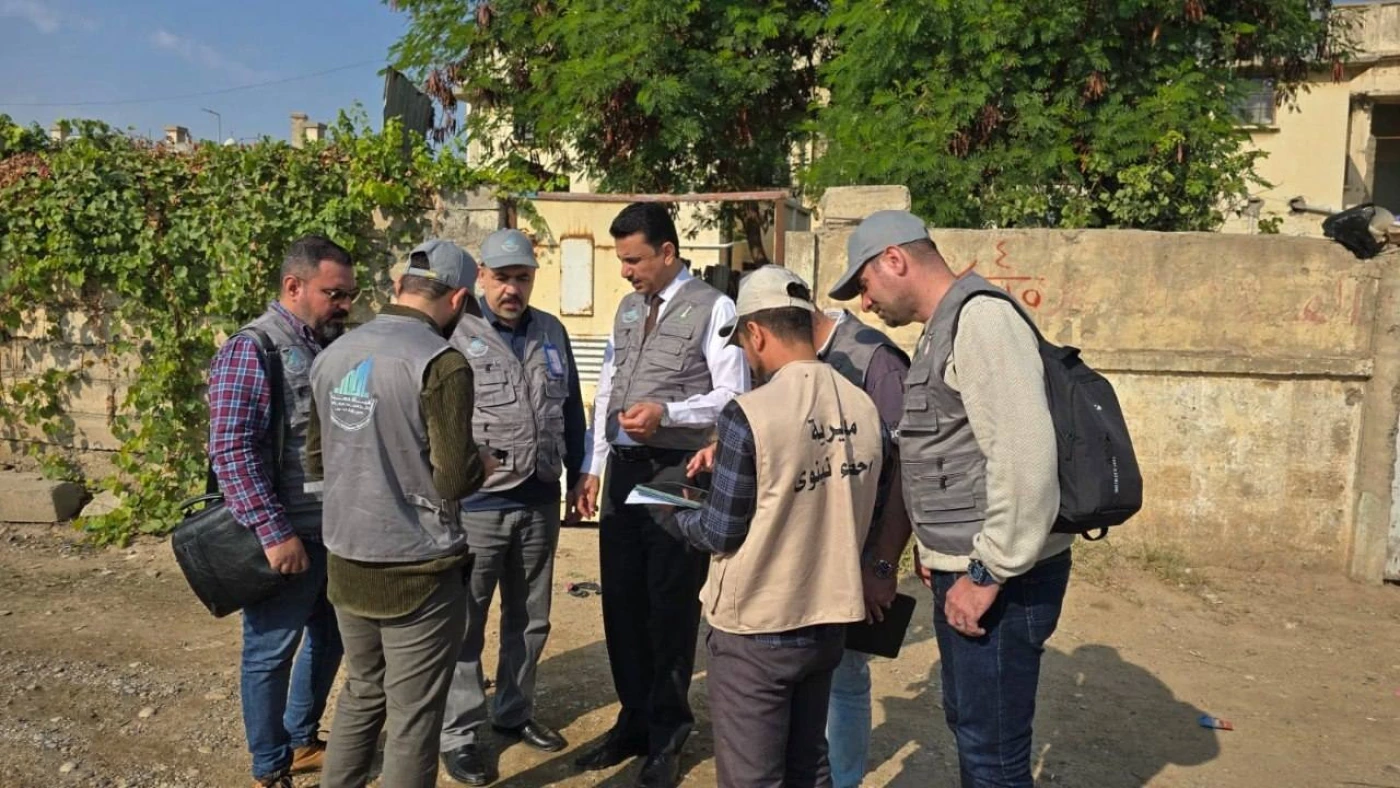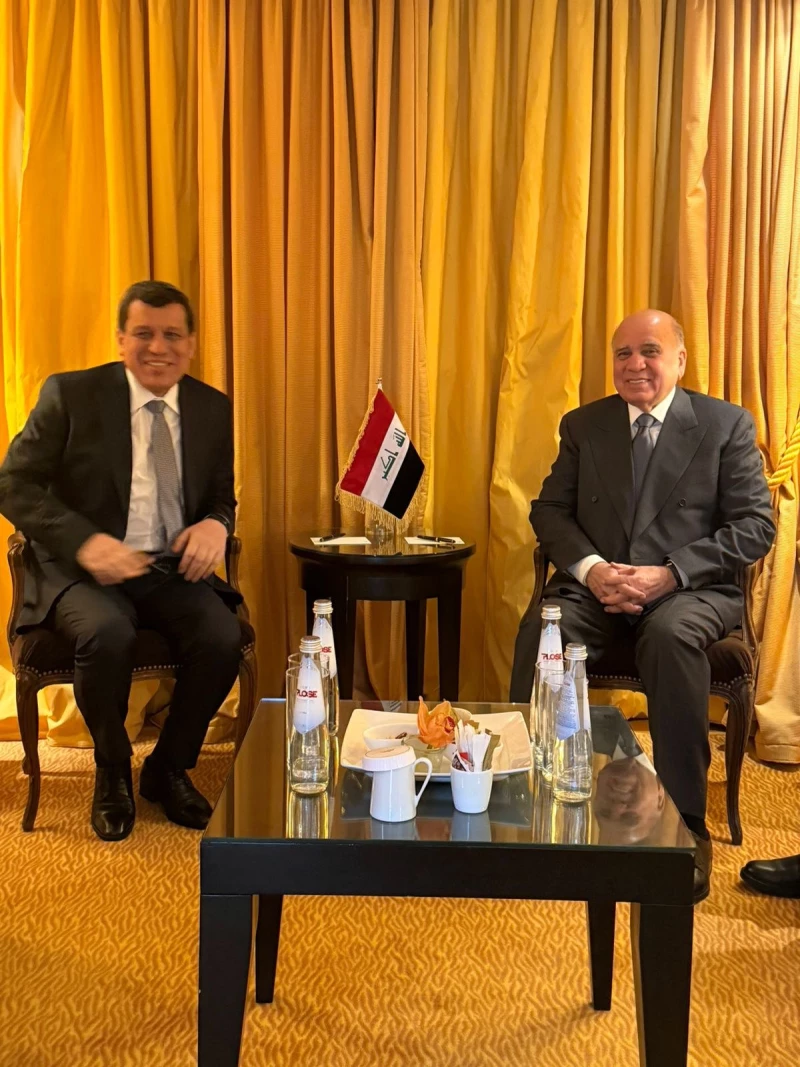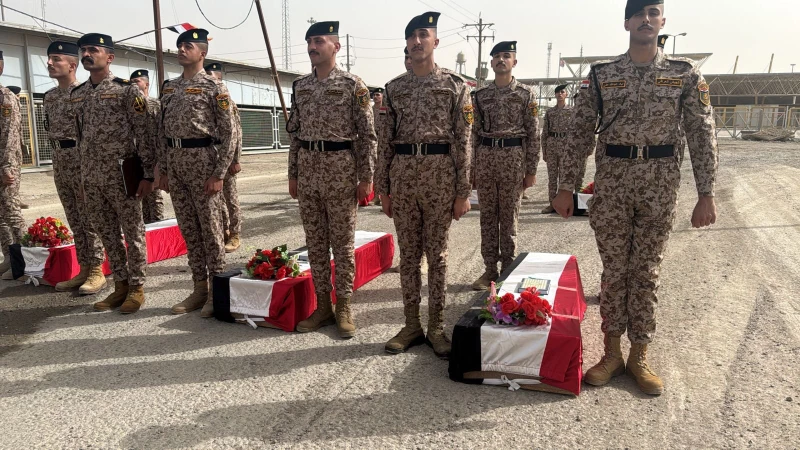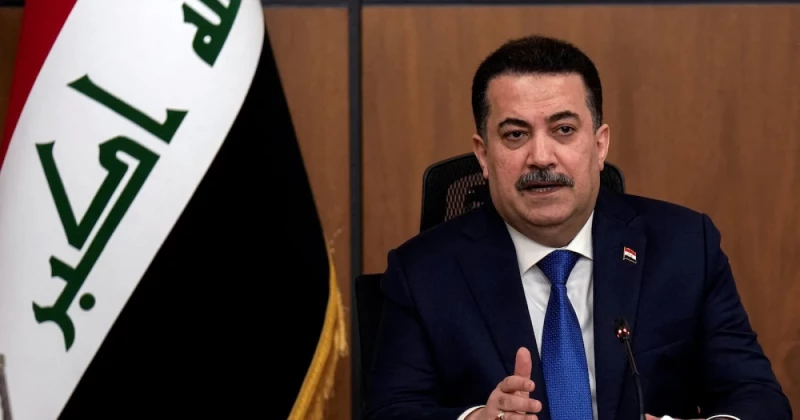DUBAI, UAE - Iraq will conduct a nationwide population census on Wednesday and Thursday, the first in nearly three decades. A human rights monitor said on Sunday that the data collected could improve human rights, economic development, and infrastructure planning.
Fadhil al-Gharawi, head of the Strategic Center for Human Rights in Iraq, said the census is crucial for identifying the needs of provinces and cities, including hospitals, schools, roads, and housing, as well as identifying standard of living and income level of citizens.
“The census will help reduce human rights violations by ensuring equality and preventing discrimination in resource distribution,” Gharawi said in a statement. “For the first time, we will have real indicators of the human rights situation across Iraq and priorities for each province.”
He urged citizens to participate in the process, calling it a fundamental right, and encouraged the government to use the data to focus on civil, political, economic, and cultural rights without discrimination.
The census, covering the entire country, including the Kurdistan Region, has been hailed as a critical step for human development and national stability.
Ahmed al-Yasiri, a political affairs researcher and head of the Arab Center for Strategic Studies, acknowledged that the census could become a source of dispute, similar to the aftermath of Iraq’s 2005 constitutional referendum, which deepened political and social divisions.
“The success of the census depends on the Ministry of Planning and support from other ministries, such as the Ministry of Interior, as well as public acceptance,” Yasiri said.
He noted the involvement of international experts from the United Nations and representatives from diverse ethnic groups to address political disagreements, particularly in disputed areas between the Kurdistan Region and the central government.
“This census offers reassurance and a chance to address issues created by years of political division,” Yasiri said, adding that it would provide critical insight for Iraq’s economic, political, and security strategies.
Iraq has not conducted a census since 1997, leaving policymakers with outdated data to address challenges in one of the region’s most complex and divided societies. Officials believe the upcoming census could lay the groundwork for addressing long standing inequalities and fostering unity.



 Facebook
Facebook
 LinkedIn
LinkedIn
 Telegram
Telegram
 X
X


